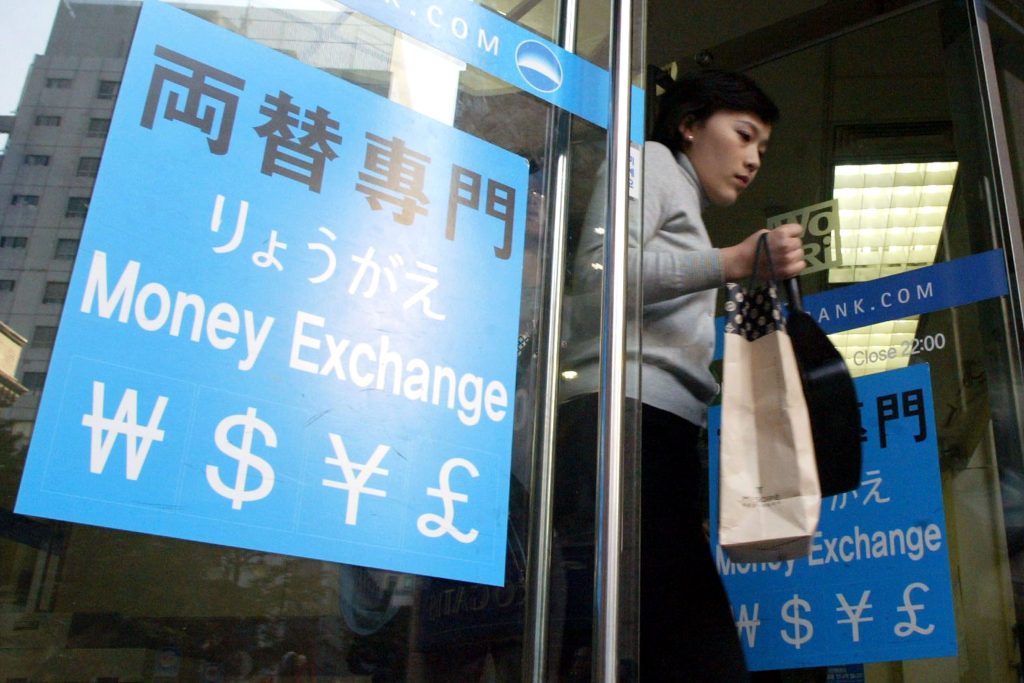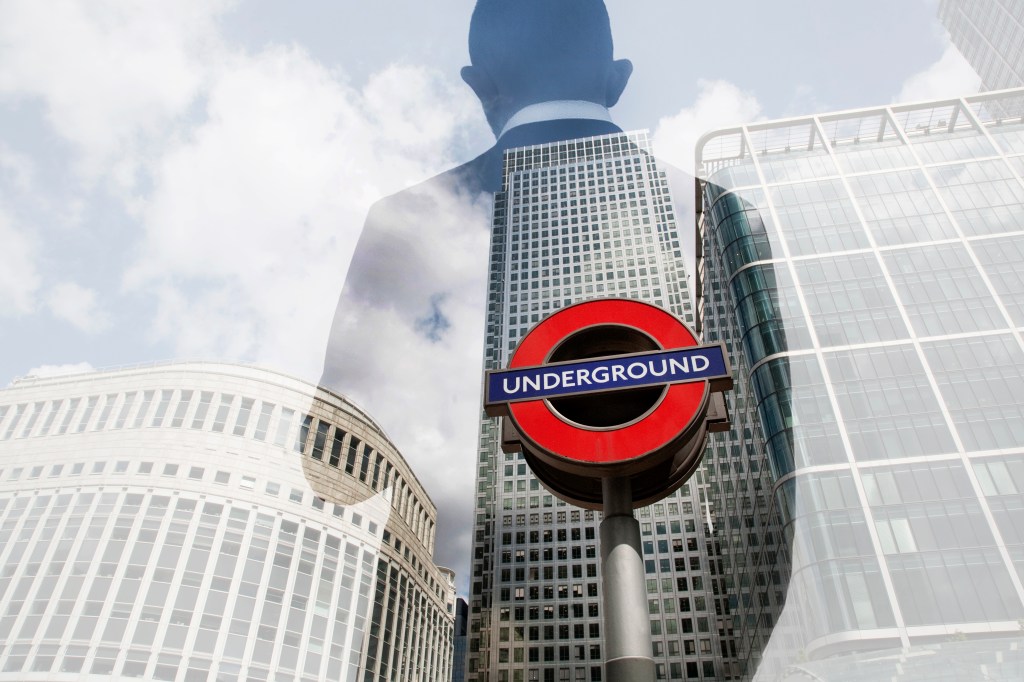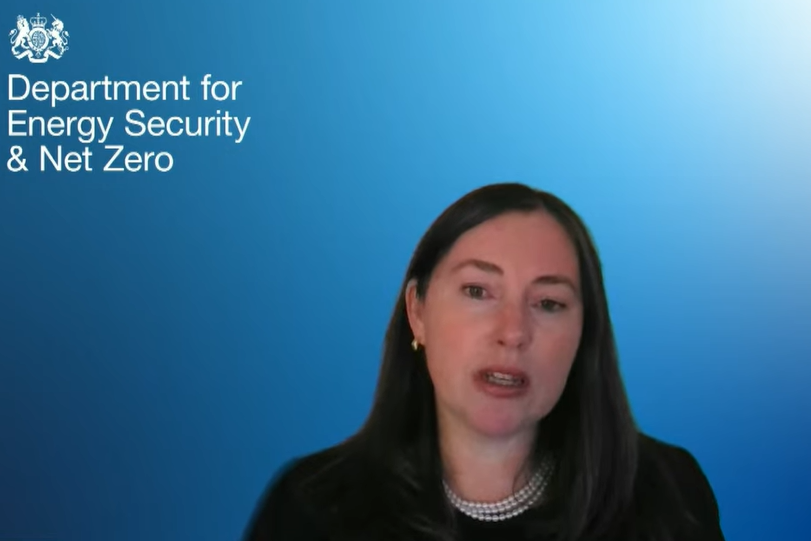The UK government’s climate strategy and the importance of London as a global hub for carbon trading were the focus of a speech by Zoe Norgate, deputy director, International Net Zero – Green Finance and Capability, UK Department for Energy Security & Net Zero, at the City and Financial International
Register for free to keep reading
To continue reading this article and unlock full access to GRIP, register now. You’ll enjoy free access to all content until our subscription service launches in early 2026.
- Unlimited access to industry insights
- Stay on top of key rules and regulatory changes with our Rules Navigator
- Ad-free experience with no distractions
- Regular podcasts from trusted external experts
- Fresh compliance and regulatory content every day

















